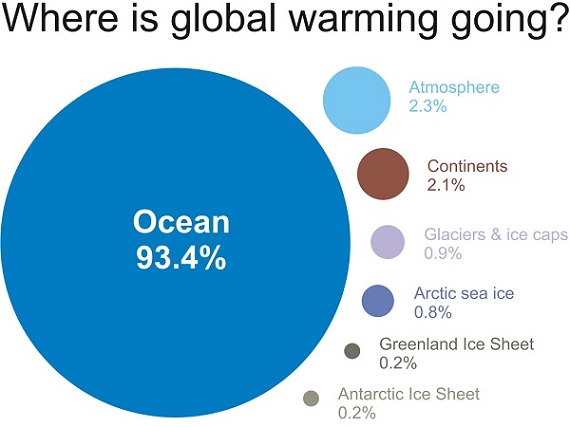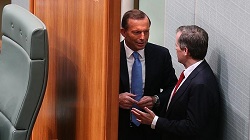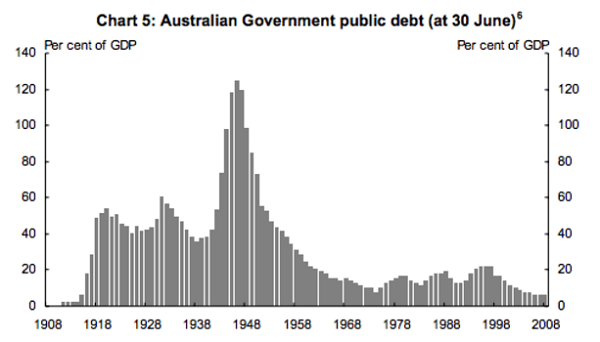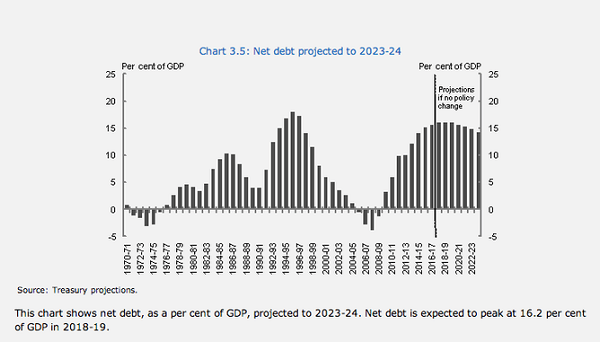
An open thread where, at your leisure, you can discuss anything you like, well, within reason and the Comments Policy. Include here news and views, plus any notable personal experiences from the week and the weekend.
For climate topics please use the most recent Climate clippings.
The gentleman in the image is Voltaire, who for a time graced the court of Frederick II of Prussia, known as Frederick the Great. King Fred loved to talk about the universe and everything at the end of a day’s work. He also used the salons of Berlin to get feedback in the development of public policy.
Fred would only talk in French; he regarded German as barbaric. Here we’ll use English.
The thread will be a stoush-free zone. The Comments Policy says:
The aim [of this site] is to provide a venue for people to contribute and to engage in a civil and respectful manner.
Here are a few bits and pieces that came to my attention last week.
1. Scottish independence
Finally the vote for Scottish independence is to take place on Thursday 18 September.
Suddenly with a “no” vote possible, everyone is paying attention. Anatole Kaletsky in the New York Times says it would send a ripple through Europe, make David Cameron a lame duck leader if he doesn’t resign and destabilise what remains of the UK.
George Monbiot says a yes vote in Scotland would unleash the most dangerous thing of all – hope.
John Harris thinks the system is broken. What we are seeing is post-democratic politics.
what is happening north of the border is the most spectacular manifestation of a phenomenon taking root all over – indeed, if the splintering of politics and the rise of new forces on both left and right across Europe are anything to go by, a set of developments not defined by specific national circumstances, but profound social and economic ruptures.
Whether justifiably or not, millions of British people have passed through holding politicians in contempt and now treat them with cold indifference. Let’s face it: the only thing keeping all this alive is the electoral system.
Post-democracy is
a development seen “when boredom, frustration and disillusion have settled in after a democratic moment … [and] where political elites have learned to manage and manipulate popular demands”
2. Terror alert
Abbott announced, just after the anniversary of 9/11, that the country was going on high terror alert, this time without fridge magnets. We are meant to carry on as normal and not worry about his nasty budget. Sorry, I’m wandering!
Greg Barns wonders whether it’s just a case of the spooks, who are always jumpy, jumping as they do, and asks:
If no attack is imminent and Abbott says it is not, then why bother to make the announcement?
3. High court intervenes on asylum seeker detention
For the first time, the High Court clearly set out the constitutional limits on immigration detention:
It was previously unclear for what purposes the government could detain non-citizens. The court has now clearly stated that the government can lawfully detain someone in only three circumstances: to consider whether to let someone apply for a visa; to consider an application for a visa; or to remove someone.
Detention is only lawful if these purposes are being “pursued and carried into effect as soon as reasonably practicable”, the court held. The length of detention must be assessed by what is “necessary and incidental” to execute and fulfil those purposes. These limits on detention are constitutional. In other words, parliament cannot override them by introducing new legislation.
4. Obama has a plan
Obama is on the offensive at least rhetorically, promising to degrade and destroy ISIL. His foot is now firmly planted in the quagmire.
Australia will tag along, of course.
5. Submarines will be bought from Japan
It looks certain that the next batch of submarines for the Australian Navy will be made in Japan.
Whatever you think of this it looks like yet another broken election promise.
6. Oscar Pistorius convicted of ‘culpable homicide’
In other words, manslaughter.
I can understand him being acquitted of premeditated murder. To me his brain was minimally engaged at all. What I don’t understand is that you can fire four shots through a closed door at a presumed intruder without an intent to kill.












